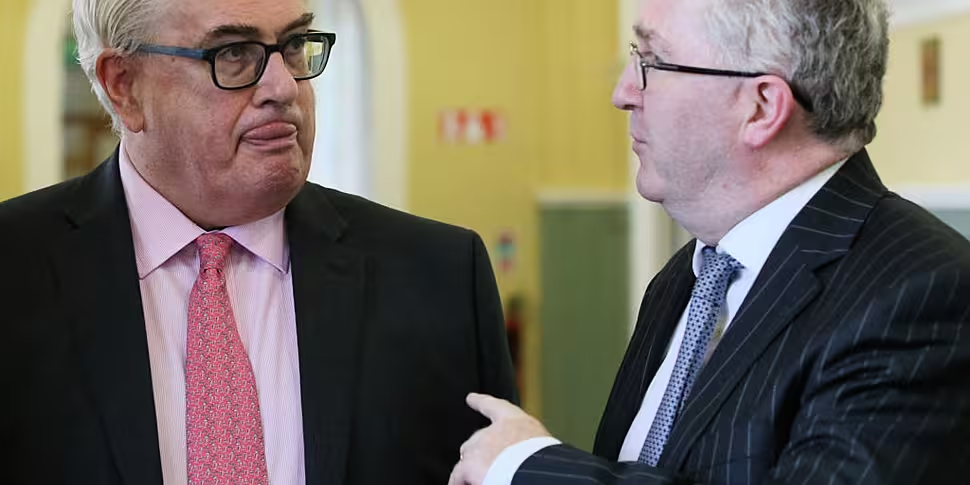A planned meeting between Supreme Court Justice Seamus Woulfe and the Chief Justice about the fallout of the Golfgate scandal has been cancelled.
In a statement, Chief Justice Frank Clarke said Mr Woulfe is currently not able to take place in the resolution process for medical reasons.
It comes after the meeting was postponed three times in recent days and weeks.
In a statement, a spokesperson for the Chief Justice said: "The Chief Justice was due to meet with Mr. Justice Woulfe this afternoon. However, earlier today the Chief Justice received correspondence on behalf of Mr Justice Woulfe.
"While it is important for the Chief Justice to respect the confidentiality and privacy of Mr. Justice Woulfe, the correspondence did enclose a cogent medical report to the effect that he is not in a position to take part in the resolution process at this time. Accordingly, it was necessary to cancel the meeting.
"The Chief Justice is committed to bringing the process to a conclusion as early as it is possible and appropriate to do so. "
Mr Justice Clarke earlier this week 'reluctantly' agreed to a final postponement of the meeting - although expressed his "very serious concern" over the damage the continued delays were causing.
Golf society dinner
Mr Justice Woulfe was among those who attended the controversial Oireacthas Golf Society dinner in August.
A review of Mr Justice Woulfe's attendance by former Chief Justice Susan Denham found he should not be forced to resign over the scandal - saying that would be unjust and disproportionate.
Mr Justice Woulfe has apologised for attending the dinner and any unintentional breach of any guidelines.
Dr Laura Cahillane, lecturer in Constitutional Law at the University of Limerick, says the ongoing process is the result of a gap in rules regarding judicial conduct.
She said: "I think today everyone was expecting there would be a resolution to this - but obviously it's going to trundle on for another bit yet.
"This whole episode arises out of the fact that Ireland does not currently have any formal mechanisms around the areas of judicial complaints, or complaints around judicial misconduct.
"We did pass the Judicial Council Act in 2019, but obviously there has to be some work done in setting up these things."









